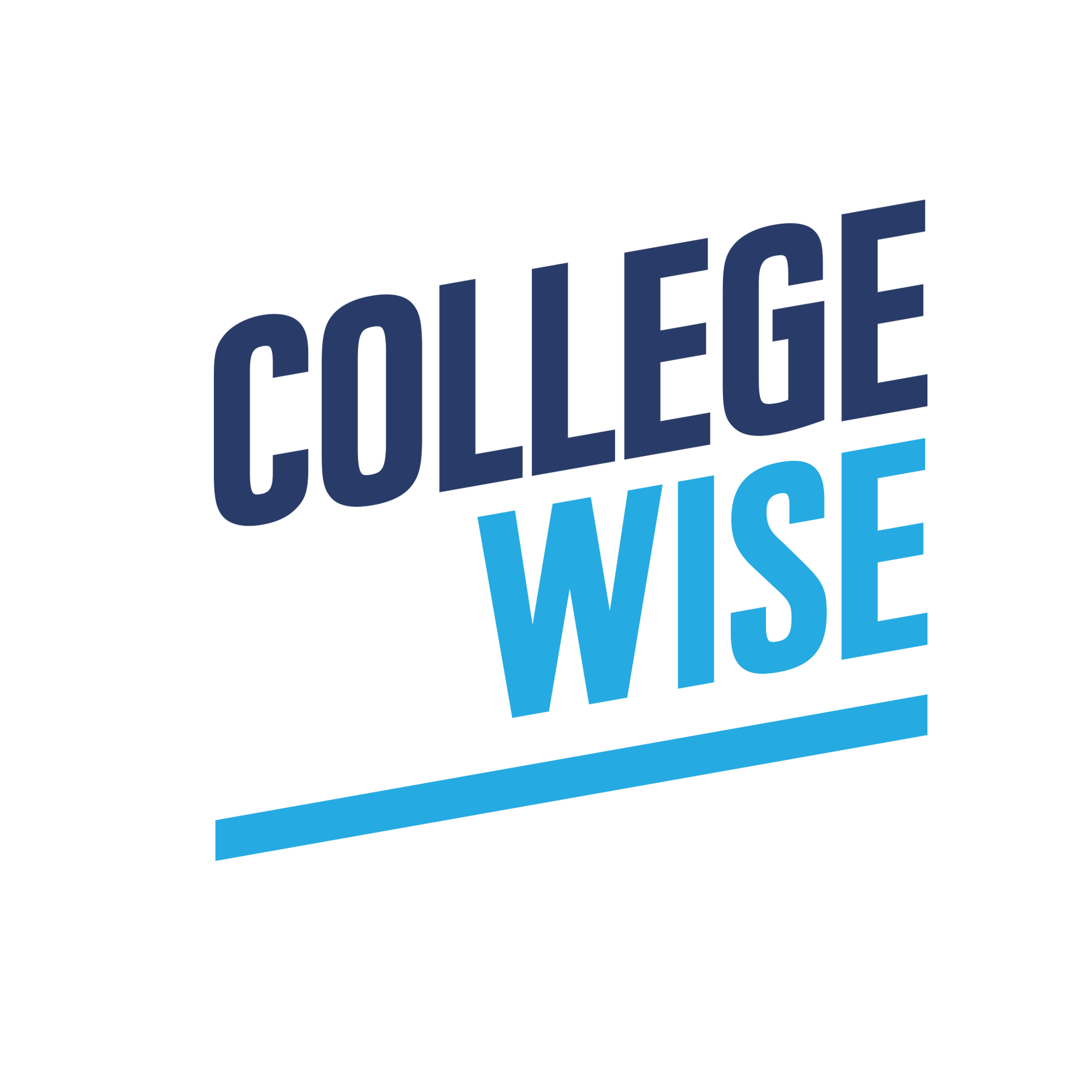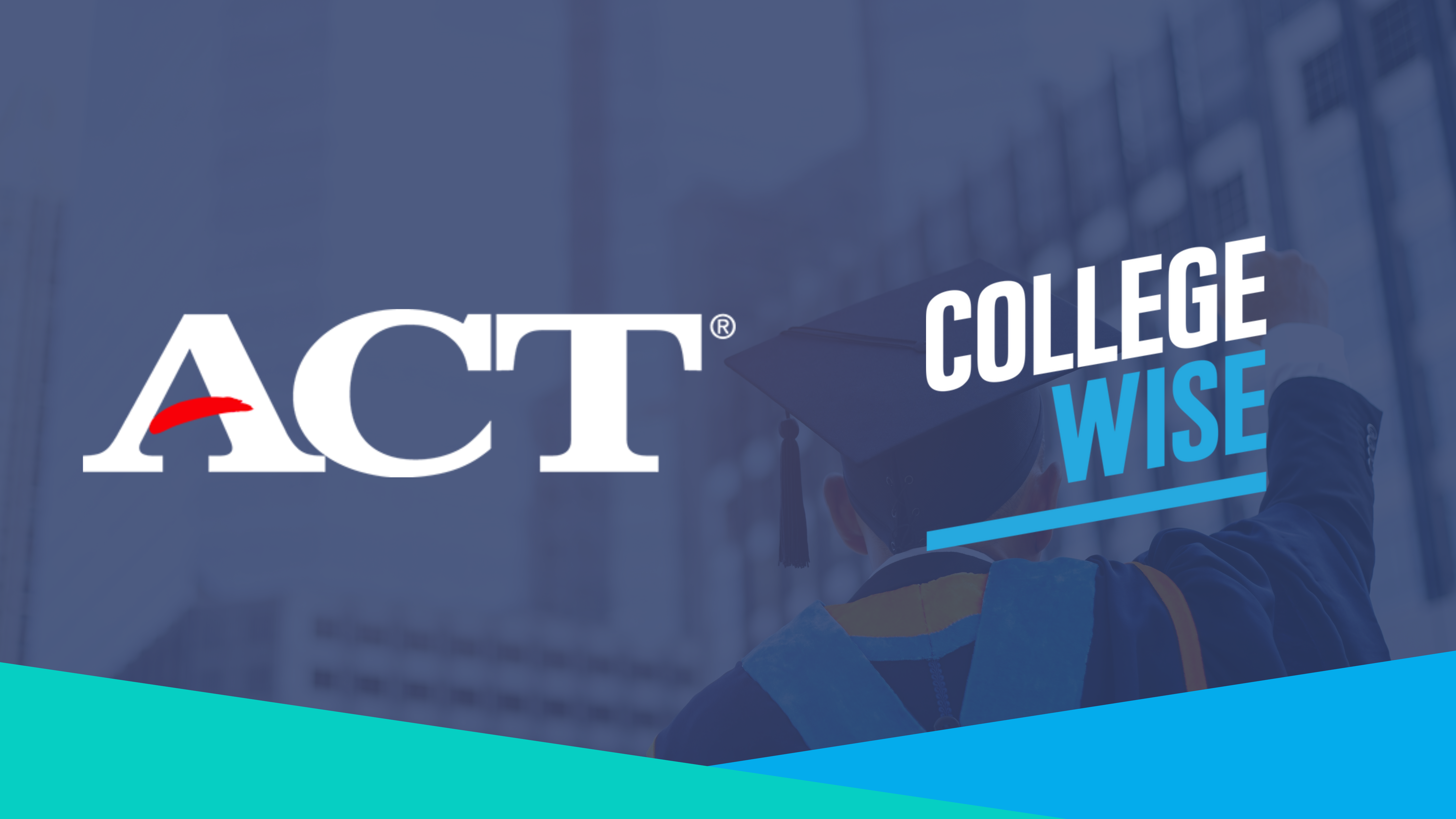What types of test scores are needed for Ivy League schools?
If you’re interested in attending an Ivy League university, you’re probably wondering if your test scores are up to scratch. Before we dive into the testing requirements for these schools, we want to point out that every Ivy League institution currently has a test optional policy.
After the COVID-19 pandemic hit, many universities went test optional, and the Ivies were among them. This means that Ivies do not require test scores in order to apply to their schools. For more information about what test optional means, you can read another blog post about it here. That said, it’s unclear at this point whether Ivy League colleges will remain test-optional beyond the Class of 2022.
Related: Test Optional (And What the Heck It All Means)
Related: What are the Ivy League Schools?
So, to answer the question at hand, it depends. Typically, when students are trying to determine if they will be a competitive candidate for a university, it’s a good idea to look at the requirements for the school they’re interested in and if possible, a breakdown of recently admitted classes.
Here’s what each Ivy League University shares on their website about the class of 2025’s test scores:
-
Harvard University
Harvard’s website does not indicate average test scores for their Class of 2025 or list the type of test scores they look for in application requirements.
-
Yale University
Yale shares on their website that for the Class of 2025, “test score ranges (25th to 75th percentiles) for enrolled first-years were:
- SAT-Evidence-Based Reading and Writing: 720-770
- SAT-Math: 740-790
- ACT Composite: 33-35”
-
Princeton University
Princeton has a page with statistics for the Class of 2025 that was updated as of August 2021. Here’s what it shares about their test scores:
“Middle 50 percent SAT Scores:
- Math 740-800
- Evidenced-based Reading and Writing: 710-770
Middle 50 percent ACT Scores:
- Composite Score: 32-35”
-
Columbia University
The Class of 2025 profile for Columbia is available on their website and as a PDF. It indicates that the SAT score range was between 1510 and 1560 for the middle 50% of students who chose to submit scores, which is equivalent to a 32-35 on the ACT.
-
Brown University
Brown’s breakdown of their Class of 2025 includes charts for both the SAT and ACT, which we’ve included below.
|
SAT ranges for first-year admitted students who submitted SAT scores |
||
|
Score |
Evidence-Based Reading & Writing |
Math |
|
750-800 |
58% |
76% |
|
700-740 |
30% |
15% |
|
650-690 |
8% |
6% |
|
Below 650 |
4% |
3% |
According to their website, “the middle 50 percent of admitted students scored between 1480 and 1560 on the Math and Evidence-Based Reading and Writing portions of the SAT.”
|
ACT Ranges (composite) for first-year admitted students who submitted ACT scores |
|
|
35-36 |
54% |
|
32-34 |
37% |
|
29-31 |
6% |
|
Below 29 |
3% |
Brown also shared that “the middle 50 percent of admitted students scored between 33 and 35 on the ACT.”
-
Dartmouth College
According to Dartmouth’s admissions page on their website, here is the testing portion of the class of 2024 profile:
- SAT Critical Reading EBRW
-
-
- Mean: 733
- Median: 750
- Mid 50% range: 710-770
-
- SAT Math
-
-
- Mean: 750
- Median: 770
- Mid 50% range: 730-790
-
- ACT
-
-
- Mean: 33
- Mid 50% range: 32-35
-
-
University of Pennsylvania
According to their website, the University of Pennsylvania’s average test scores for their Class of 2025 was between 1490 and 1560 for the SAT and between 35 and 36 for the ACT.
- Cornell University
Some of the colleges and schools at Cornell are test-free, meaning they will not consider testing in their application review. This includes the following:
- College of Agriculture and Life Sciences
- College of Architecture, Art, and Planning
- Cornell SC Johnson College of Business - Dyson School of Applied Economics and Management
- Cornell SC Johnson College of Business - Peter and Stephanie Nolan School of Hotel Administration
The rest are test-optional, and this includes the following:
- College of Arts & Sciences
- College of Engineering
- College of Human Ecology
- School of Industrial and Labor Relations
Cornell does not have a recommended score or a profile indicating the average test scores of their class of 2025. For more information, you can peruse the testing policy on their admissions website.
Related: Test-Optional Colleges, Explained
How important are test scores to Ivy League schools?
In general, test scores are never the most important thing (and we even have a podcast about that here). When admissions officers are reviewing your application, they are taking a holistic approach. This means every piece of your application is weighed equally—not just your test scores (should you choose to submit them), but also course rigor, grades, involvement, essays, and letters of recommendation.
And remember that all the Ivies are test-optional, which means that they adopt the philosophy that test scores do not tell the whole story, and that there are areas of privilege that allow some students to perform better on the tests than others.
That said, your test scores are important to Ivy League schools if they are an important part of your story. But bear in mind that your time may be better spent elsewhere if you’re not the best at testing.
Related: [Podcast] Test Scores Are Never The Most Important Thing.
Competitive scores for the best chance to get into Ivy League schools
If you do choose to submit test scores with your application to an Ivy League school, you will have better chances of admission if your score falls within the ranges listed on their site. In the case of Cornell and Harvard, where test scores are not listed on their profile for the class of 2025, it is safe to assume that admitted students likely had similar scores to that of other Ivies.
This means that in general, you are more likely to gain admission if your SAT score is between 1480 or above and your ACT score is between 33 or above. But remember that you are not guaranteed admission based on a great test score, even if you get a 36 on your ACT. Tens of thousands of students apply to Ivy League schools every year, many of them with competitive test scores. You shouldn’t expect to stand out because you have a fantastic test score; you should aim to stand out because of the story you tell in your entire application.
When to send scores
If you decide to test and submit your test scores to the Ivy League school(s) you’re applying to, the next step is determining when to send those scores.
Most colleges allow you to self-report your test scores on the Common Application, meaning you don’t need to send an official score report from ACT or College Board. You simply enter your scores on the Common Application. Some schools still require an official report (for the 2021-2022 cycle, Princeton did), and those should ideally arrive by the college deadline. Generally, we recommend ordering your scores at least three weeks prior to the deadline to allow for a buffer. That said, colleges are aware that there are delays often out of your control with ordering test scores, and as long as your application is submitted, they usually allow a ~10 day grace period for supporting documents.
No matter what, make sure to confirm each school’s policy – both whether they allow self-reported scores, and when they like those received.
About Us: With more than twenty years of experience, Collegewise counselors and tutors are at the forefront of the ever-evolving admissions landscape. Our work has always centered on you: the student. And just like we’ve always done, we look for ways for you to be your best self - whether it’s in the classroom, in your applications or in the right-fit college environment. Our range of tools include counseling, test prep, academic tutoring, and essay management, all with the support of our proprietary platform, leading to a 4x higher than average admissions rates.



.png?width=600&height=200&name=Blog%20CTAs%20(7).png)



